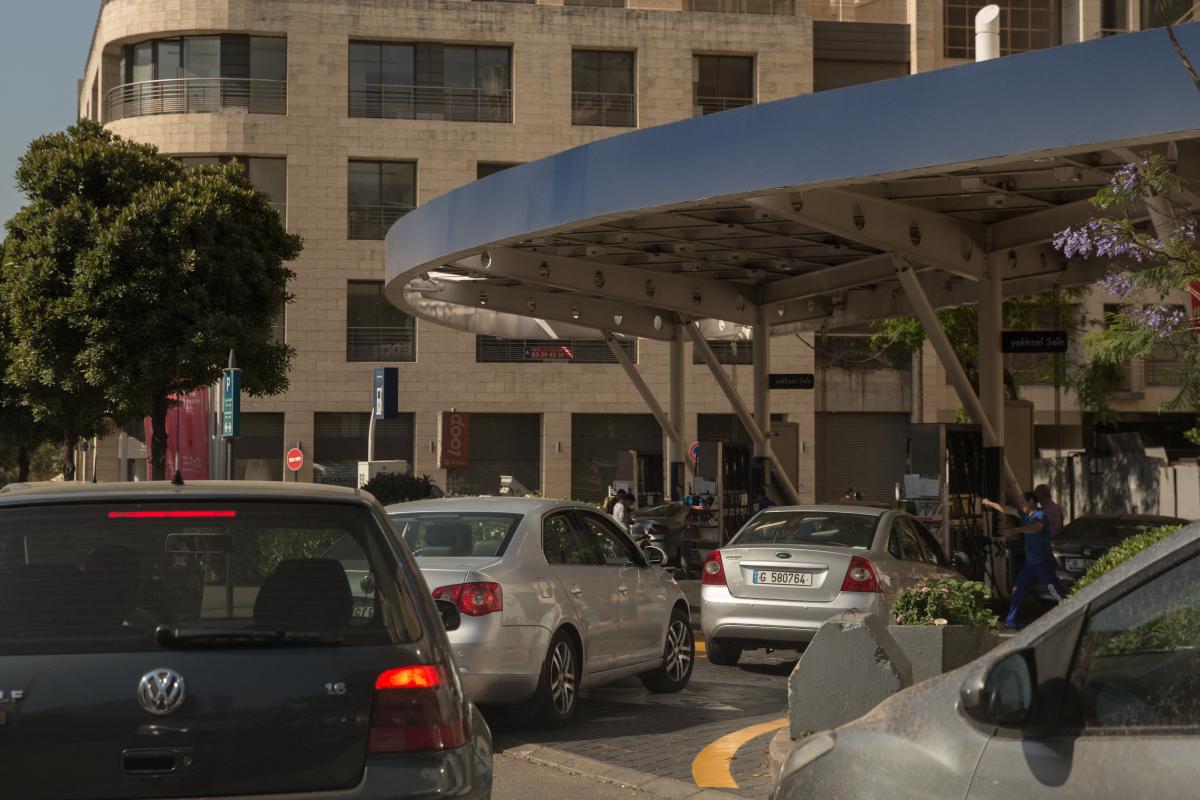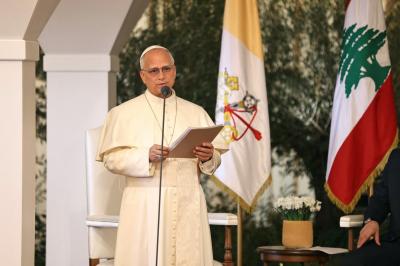In a noticeable move to restore order to Beirut’s chaotic fuel distribution sector, Beirut’s Governor Judge Marwan Abboud has issued Official Notice No. 2025/2812, granting owners and operators of unlicensed liquid fuel distribution stations a final grace period of one month to legalize their operations. The decision comes amid rising public pressure on local authorities to enforce the rule of law, particularly in sectors that directly affect public safety and daily life.
Lebanon’s petrol sector, and especially the fuel distribution chain, remains a vital component of the country’s economy and essential services. Yet for years, it has suffered from disorder and a lack of oversight. Fuel stations in Beirut have multiplied haphazardly, some tucked between densely populated neighborhoods, others alarmingly close to schools and hospitals, often without proper licenses or adherence to technical or environmental standards. This situation not only violates the law but poses a serious threat to public safety, where even a minor technical error could trigger a devastating disaster.
Governor Abboud’s decision marks a turning point. It goes beyond addressing administrative violations—it sends a firm message: the state can no longer tolerate negligence in a sector as sensitive and essential as fuel. This stance is especially critical at a time when Lebanon faces compounding economic and institutional crises. The decision is backed by Decree No. 5509 issued in August 2024, which outlines regulatory conditions for fuel stations, as well as an official letter from the Minister of Energy and Water calling for immediate action against unlicensed stations, including their closure and sealing with red wax.
The legal framework behind the decision reflects a broader official intent: to regulate the sector not only from a legal perspective, but also from a public safety and humanitarian standpoint. Protecting residents from fires and explosions is no longer a luxury—it’s a national priority, especially after a series of tragic incidents across the country caused by unsafe fuel storage and unregulated distribution sites.
The long-term importance of this decision lies in restoring state authority over a sector that has, in recent years, become synonymous with lawlessness—often enabled by political patronage or security cover. The notice underscores that municipal authorities now recognize the true cost of looking the other way: it is not merely corruption—it is a direct threat to the city’s structure and its people. Crucially, fuel sector reform is not just an administrative measure—it aligns with a broader vision of rebuilding Beirut’s infrastructure in line with national recovery and reconstruction plans.
The decision also signals the potential for meaningful institutional cooperation. Coordination between the Beirut Municipality and the Ministry of Energy lays the groundwork for a more effective, unified regulatory mechanism. But success won’t be measured by declarations—it will depend on rigorous enforcement and the unwavering commitment of all concerned agencies, applied equally and without exception.
Still, the campaign faces significant hurdles. Resistance is likely from entrenched interests that have long operated in a loose legal environment. Municipalities may also lack the manpower and technical capacity to enforce the new regulations thoroughly, requiring central government and security forces to step in with strong, sustained support.
This moment represents a critical test of the state’s ability to impose order on one of its most volatile and sensitive sectors. If followed by real inspections, streamlined legal paths for compliance, and a politically neutral implementation, it could mark the beginning of the end of decades of neglect. But if left unenforced—or hijacked by favoritism—it will be seen as yet another unfulfilled promise, something many Lebanese can no longer endure.
Ultimately, this decision is more than a regulatory notice—it’s a crucial test for whether the state can protect the lives of its citizens, and whether Beirut can finally break the cycle of chaos, corruption, and complacency that has long plagued its public services.
Please post your comments on:
[email protected]
 Politics
Politics













